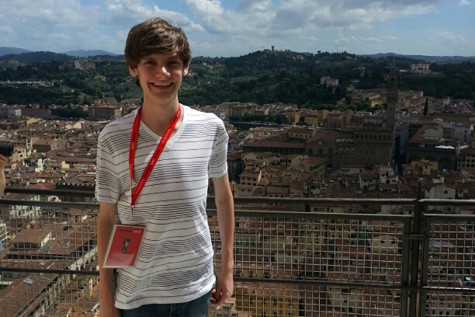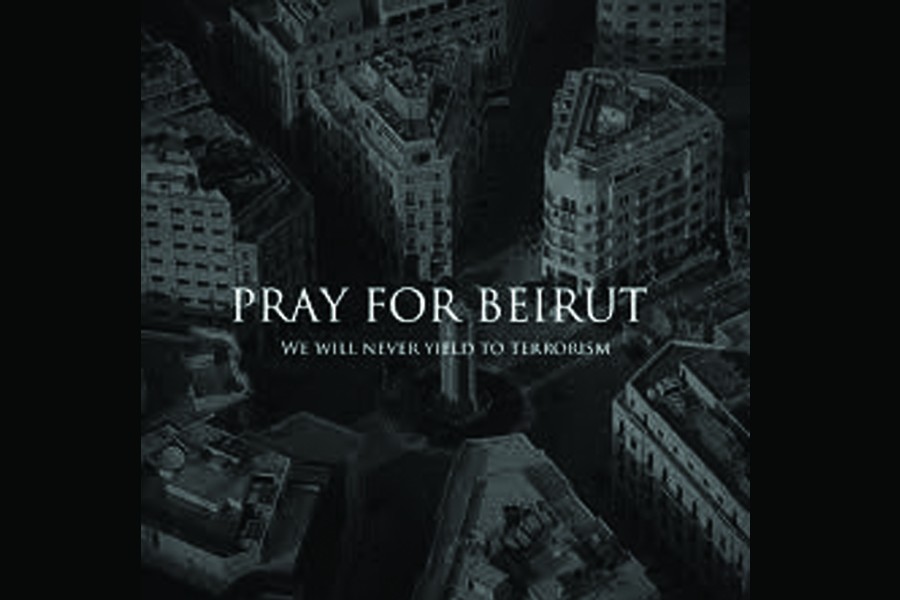The Forgotten Attacks
The night of Thursday, November 12th 2015, two distinct bombings shook Beirut, the capital of Lebanon.
This was 24 hours before the bombings in Paris, France.
More than three dozen lives were lost in the double suicides, including the life of Adel Termos.
Termos was returning from evening prayer, as all other Muslims were, just as the bomber had expected. The first bomb went off outside of a nearby mosque, and, as Termos was calling his family, telling them he was going to join them for dinner, he stopped. Over the phone, he told his wife he was going to help those who were wounded in the blast.
However, he noticed a man acting suspiciously in the surrounding area, and made the connection.
Without another thought, he ran towards the man, and, as the man triggered his explosive vest to go off, he tackled him.
Adel Termos died in the blast of the explosion, but by his act of martyrdom, he saved countless lives of people around him, who would’ve been caught in the blast, had the man made it to his designated target.
This act was claimed by the Islamic State of Iraq and Syria, more commonly known as ISIS, as also was the Paris attack.
The original plan of the bombers was to send five bombers to a nearby hospital to bomb it, but the security was too heavy for them to carry out the attack, and they instead changed to a backup plan.
More than 36 people were killed in the blast, but the number of people injured in the attack is at least 200.
Many think of Lebanon as a war-torn country, one of the many Middle Eastern countries that just can’t stay safe, but this is contrary to fact.
This was the first attack against Lebanon for about a year, with all out war having not occurred since 1990, with the end of the Lebanese Civil War.
With ISIS becoming more and more aggressive with their tactics, the precursor Beirut and then Paris, the UN, and many nations, have denounced ISIS publicly, as have other Islamists, saying it goes against all of the teachings of Islam.
The acting president of Lebanon, Tammam Salam, called the day a day of national mouring, for those lost in Beirut.




